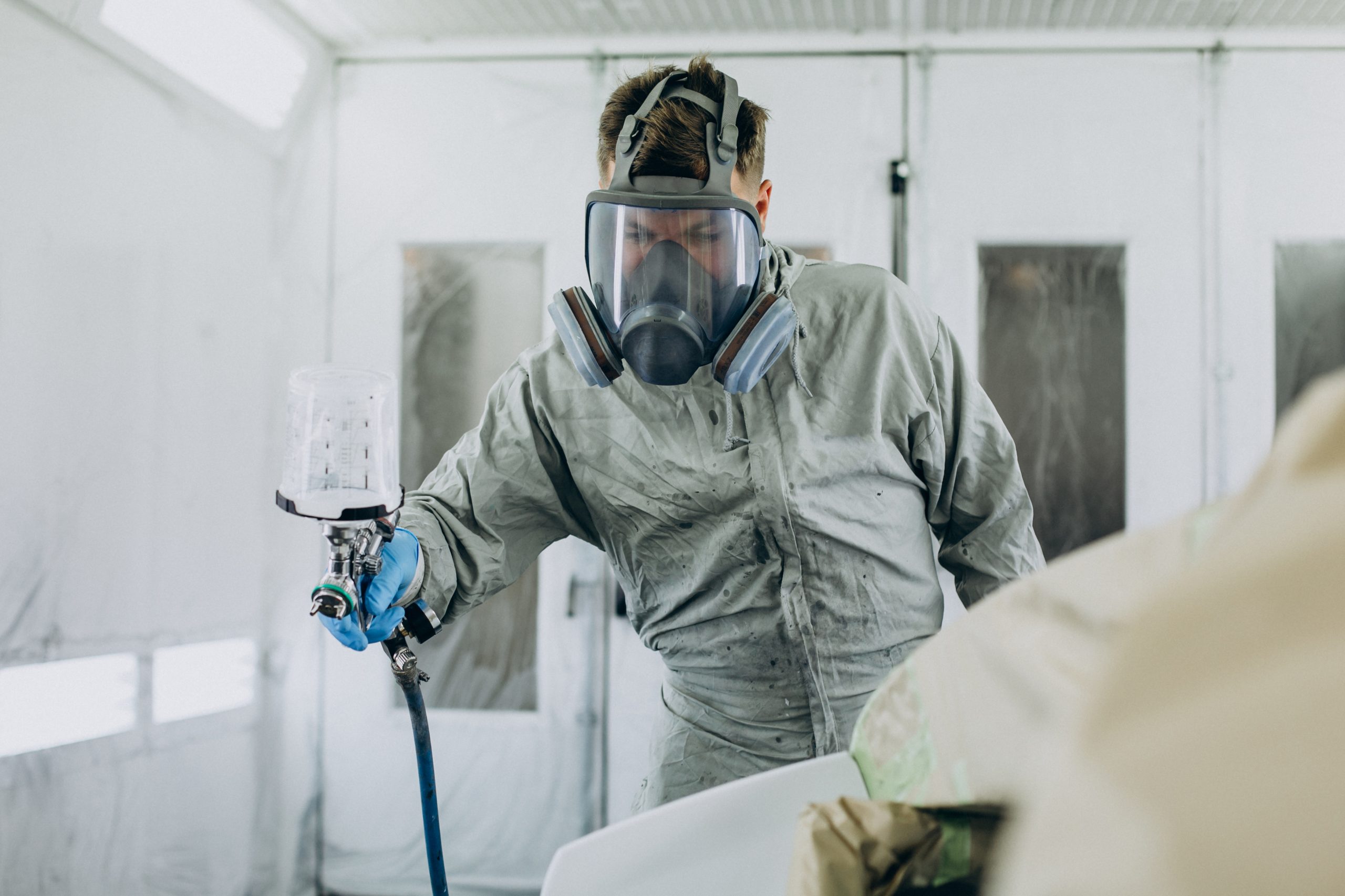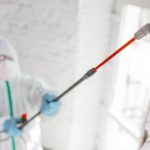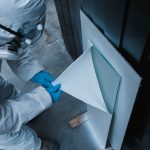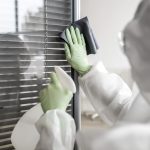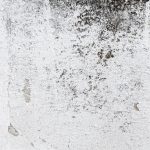
Mold can be a persistent issue in humid climates like Southwest Florida, affecting homes in cities like Naples, Fort Myers, Cape Coral, and Bonita Springs. Once mold is detected and removed, homeowners often feel relieved. However, to ensure a truly mold-free, safe environment, conducting air quality testing after mold remediation is essential. Air quality testing verifies that mold spores have been effectively removed, helps protect your family’s health, and can even prevent future mold growth. Here’s a closer look at why post-remediation air quality testing matters and how it can benefit you.
Why Air Quality Testing Matters After Mold Removal
After mold remediation, it might look like the mold is gone, but spores can be microscopic and linger in the air. These airborne spores can reestablish mold growth if left unchecked, particularly in Southwest Florida’s humid environment. Air quality testing after remediation ensures that the air is free from harmful levels of mold spores, verifying that your home is safe.
Regular air quality testing can help detect any remaining spores that might not be visible but could cause health issues, such as respiratory symptoms and allergies, especially for sensitive individuals or those with asthma. A clean post-remediation air test can also provide peace of mind, knowing that the mold problem is fully resolved.
Key Benefits of Air Quality Testing After Mold Removal
1. Ensures the Success of Mold Remediation
Air quality testing confirms that mold remediation was successful by detecting whether mold spore counts have returned to normal levels. Even if the visible mold is gone, spores can still be in the air. Testing after removal allows professionals to assess the spore count and ensure no hidden mold issues remain.
- Local Insight: In Southwest Florida cities like Naples and Fort Myers, where humidity can encourage rapid mold regrowth, air quality testing acts as a safeguard against hidden mold issues that may have been missed.
2. Improves Indoor Air Quality
Mold spores affect indoor air quality, which can have a significant impact on health. Even when mold is removed, spores may still linger, affecting air quality and potentially causing respiratory problems, headaches, and allergies. Air quality testing can detect these airborne spores and ensure they have been reduced to safe levels, improving the quality of the air you breathe.
- Health Impact: Clean indoor air reduces the risk of mold-related respiratory issues, especially for children, the elderly, and anyone with respiratory sensitivities.
3. Provides Peace of Mind for Homeowners
Knowing that the mold problem has been completely resolved can provide homeowners with peace of mind. Air quality testing after mold removal verifies that your home is safe and that the problem won’t return, helping you feel more confident in the safety of your living environment.
- Tip: If you’re planning to sell your home, post-remediation air quality results can serve as proof that the property is mold-free, giving potential buyers confidence in their investment.
4. Prevents Future Mold Growth
Southwest Florida’s warm, humid environment provides ideal conditions for mold growth. Air quality testing after remediation helps identify any remaining airborne mold spores, which, if left unchecked, could settle and grow again in damp areas.
- Local Relevance: For Cape Coral and Bonita Springs residents, where high humidity is part of the daily climate, this preventive measure can help stop mold from becoming a recurring issue.
The Air Quality Testing Process
Here’s what you can expect during an air quality test after mold remediation:
- Initial Air Sampling
Professionals will take air samples from multiple areas of your home, focusing on locations where mold was previously found or areas that are prone to high humidity. Air samples may also be taken outside the home for comparison. - Spore Count and Identification
The samples are analyzed in a lab to determine the number and types of mold spores present. A high indoor mold spore count or specific strains of mold may indicate remaining issues that need further attention. - Detailed Report and Recommendations
After analysis, you’ll receive a detailed report with the spore count and types of mold detected, if any. If the mold spore count is high, additional remediation may be necessary. If the count is low or negligible, you’ll know the air is clean and safe to breathe. - Follow-Up Actions
In cases where spore levels remain high, a secondary round of remediation may be recommended. Professional advice may include suggestions on controlling humidity, improving ventilation, or regular maintenance practices to prevent future mold.
Why Mold Recurrence Can Be Common Without Air Testing
Without air quality testing, it’s difficult to determine whether all mold spores have been removed after remediation. In areas like Fort Myers and Naples, where humidity can reintroduce mold, airborne spores can easily find a new place to settle and regrow, leading to recurring mold issues. Air quality testing acts as a final check, confirming that no spore reservoirs remain and that your home’s air is clear.
For many homes in humid climates, even a small oversight in mold removal can quickly lead to new mold problems. Testing ensures that all spores are gone, giving you confidence that the mold issue is fully resolved.
Additional Steps to Maintain Good Air Quality Post-Remediation
Once the air quality has been confirmed as clean, maintaining it is the next step. Here are some simple practices that can help:
- Control Indoor Humidity: Use dehumidifiers to keep humidity levels below 60%, especially in moisture-prone areas like basements, bathrooms, and kitchens.
- Improve Ventilation: Use exhaust fans in bathrooms and kitchens to reduce moisture buildup and consider air purifiers with HEPA filters to capture any lingering spores.
- Schedule Regular Inspections: For homes in Bonita Springs or other humid areas, periodic mold inspections can catch any early signs of mold and prevent it from becoming a larger issue.
- Use Mold-Resistant Products: When renovating, consider using mold-resistant paint, drywall, and insulation in moisture-prone areas to reduce future risks.
How QCI Online Can Help Southwest Florida Residents
For homeowners in Naples, Fort Myers, Cape Coral, Bonita Springs, and surrounding communities, QCI Online offers reliable air quality testing, mold inspections, and remediation services. With over 28 years of experience, our team is dedicated to ensuring the health and safety of your indoor environment.
- Our Services Include:
- Air Quality Testing: Our team conducts comprehensive air quality tests to detect mold spores, VOCs, and other pollutants.
- Detailed Reporting: We provide a clear, thorough report on air quality results, offering you insights and recommendations.
- Follow-Up Remediation: If necessary, we can provide additional remediation services to address any remaining issues.
Contact Us for Air Quality Testing
To schedule air quality testing or learn more about our mold remediation services, reach out to QCI Online today. We proudly serve homeowners throughout Southwest Florida, including Naples, Fort Myers, Cape Coral, Bonita Springs, and beyond. Call us at (239) 777-2875 or visit our website at qci-online.com to learn more about how we can help you maintain a safe, mold-free home.
Air quality testing after mold remediation is essential for ensuring that your home is truly mold-free. This extra step confirms that remediation was successful, helps protect your family’s health, and prevents future mold problems. For Southwest Florida residents, where humidity is high and mold can easily recur, post-remediation air quality testing offers peace of mind and a healthier, safer home environment.


